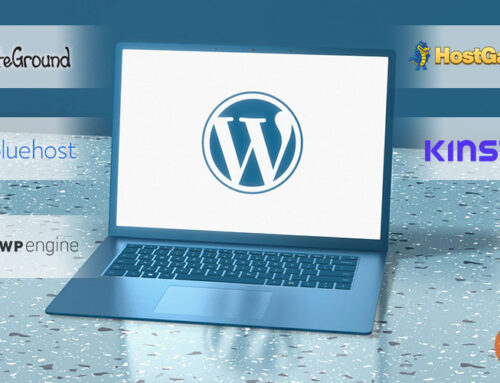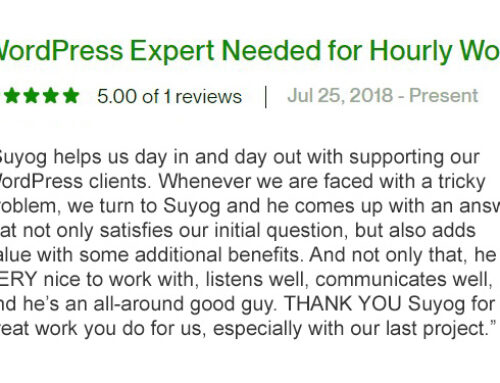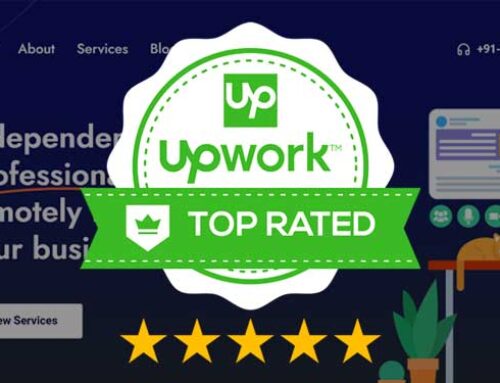
Artificial intelligence (AI) is making a significant impact on web development, offering exciting possibilities for streamlining website creation and enhancing user experience. Here’s a breakdown of which AI tool, ChatGPT or Bard, might be a better fit for your next website-building project:
Both ChatGPT and Bard are at the forefront of Artificial Intelligence (AI), specifically in the realm of large language models (LLMs). They use AI to process information and generate human-like text, but they have distinct approaches:
Underlying AI Technology:
- ChatGPT: Founded by OpenAI, ChatGPT utilizes the GPT (Generative Pre-trained Transformer) family of models. These models are trained on massive datasets of text and code, allowing them to generate creative and diverse text formats.
- Bard: Developed by Google AI, Bard is powered by PaLM (Pathways Language Model). PaLM leverages Google’s vast AI infrastructure to excel at tasks requiring factual accuracy and understanding real-world context.
Focus and Strengths:
- ChatGPT: Leans towards creative applications. It can craft poems, scripts, musical pieces, and different writing styles. Additionally, it excels at generating long-form content, producing elaborate and detailed text.
- Bard: Prioritizes factual accuracy. Its training emphasizes reliable sources, making it a go-to tool for research and information gathering. Bard integrates with real-time web searches, ensuring its responses consider the latest information. It also delivers concise and informative answers without unnecessary embellishment.
Here’s a table highlighting the key differences:
| Feature | ChatGPT | Bard |
|---|---|---|
| Underlying AI | GPT family of models | PaLM (Pathways Language Model) |
| Strengths | Creative writing, long-form content | Factual accuracy, up-to-date information, concise |
| Focus | Creative applications | Informative and research-oriented |
| Information Access | Limited to pre-trained data (potentially outdated) | Real-time web search access |
Choosing the Right Tool:
The best LLM depends on your project’s goals:
- For creative writing projects or generating different content formats, ChatGPT might be a better fit.
- If you need factual information, and up-to-date data, or prefer clear and concise answers, Bard is the way to go.
Ultimately, both Bard and ChatGPT are valuable AI tools. Experimenting with each can help you discover which one complements your workflow and preferences best. Ready?
Hold on! There are some pros and cons to consider when using artificial intelligence (AI):
Like any new technology, AI comes with its own set of advantages and limitations.
Pros
- Increased Efficiency: AI automates repetitive tasks like code generation, layout suggestions, and image optimization. This frees up your time to focus on the strategic aspects of website development, such as content marketing and SEO optimization.
- Accessibility for Everyone: AI-powered website builders with drag-and-drop interfaces make website creation accessible to people with no coding experience. This empowers small businesses and individuals to build a strong online presence without needing technical expertise.
- Data-Driven Insights: AI can analyze user data to provide valuable insights into visitor behavior and preferences. This information can be used to improve website design, personalize the user experience based on user actions, and ultimately increase conversions.
- Enhanced Personalization: AI can personalize the website experience for each visitor by tailoring content recommendations, displaying relevant products, and dynamically adjusting the layout for optimal viewing on different devices. This leads to a more engaging and user-friendly website.
Cons
- Limited Creative Control: While AI can generate design ideas and layouts, it might not always capture your unique vision perfectly. You might need to invest time in customizing AI-generated elements to achieve the desired aesthetics and brand identity.
- Content Quality and Originality: AI-generated content, such as product descriptions or blog posts, may require significant editing to ensure accuracy, factuality, and originality. Duplication of existing content can lead to plagiarism issues, so careful review and refinement are crucial.
- Ethical Considerations: When using AI personalization tools, it’s essential to be mindful of user privacy and data security. Ensure you have clear and transparent data collection practices in place, and comply with all relevant regulations regarding user data.
- Potential for Bias: AI algorithms learn from existing data, which can be biased. If not carefully monitored, this bias can be reflected in the AI-generated website content or recommendations, potentially alienating certain visitor segments.
In Conclusion
AI offers a valuable toolkit for website building, but it’s important to leverage it strategically. AI can automate tasks, generate ideas, and personalize the user experience, but it shouldn’t replace human creativity, critical thinking, and ethical considerations. By understanding both the advantages and limitations of AI, you can harness its power to build a website that’s both efficient and effective.
Uncertain about the right website builder or lacking the time to build your own? We can help! Schedule a free consultation to discuss your needs. Contact us at +91-9730 510 115 or fill out our contact form for more information. Or you can check our Upwork profile.



